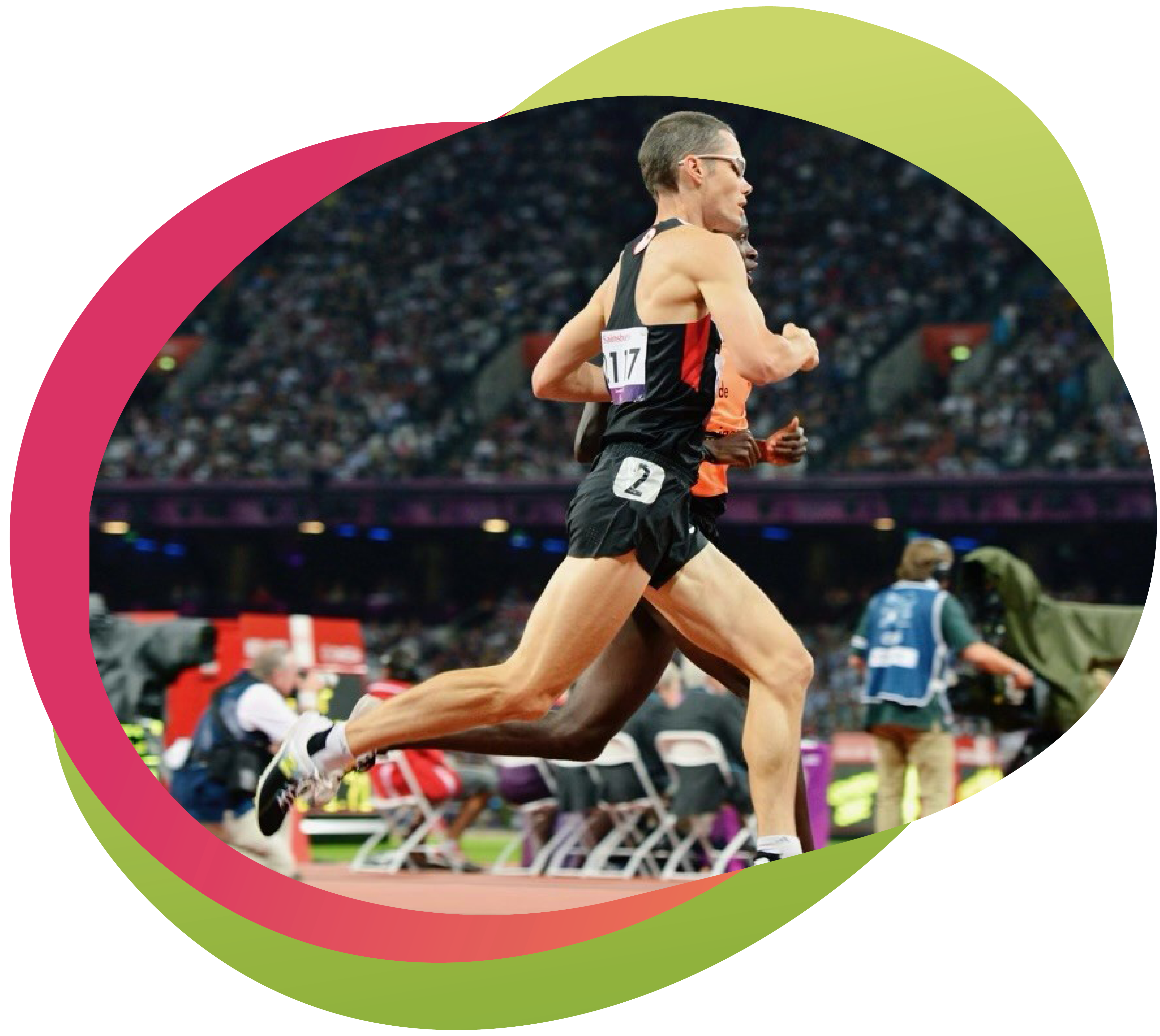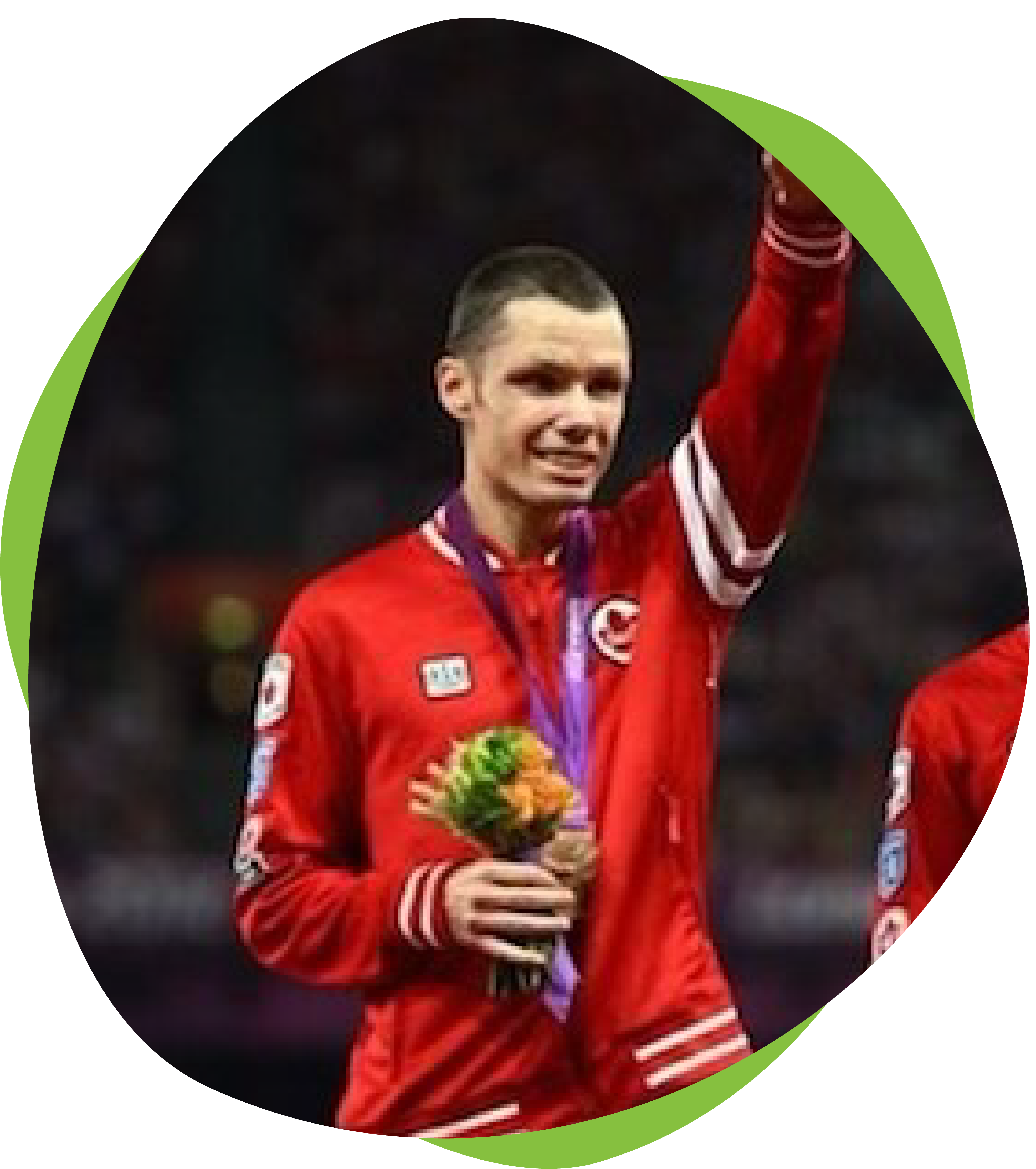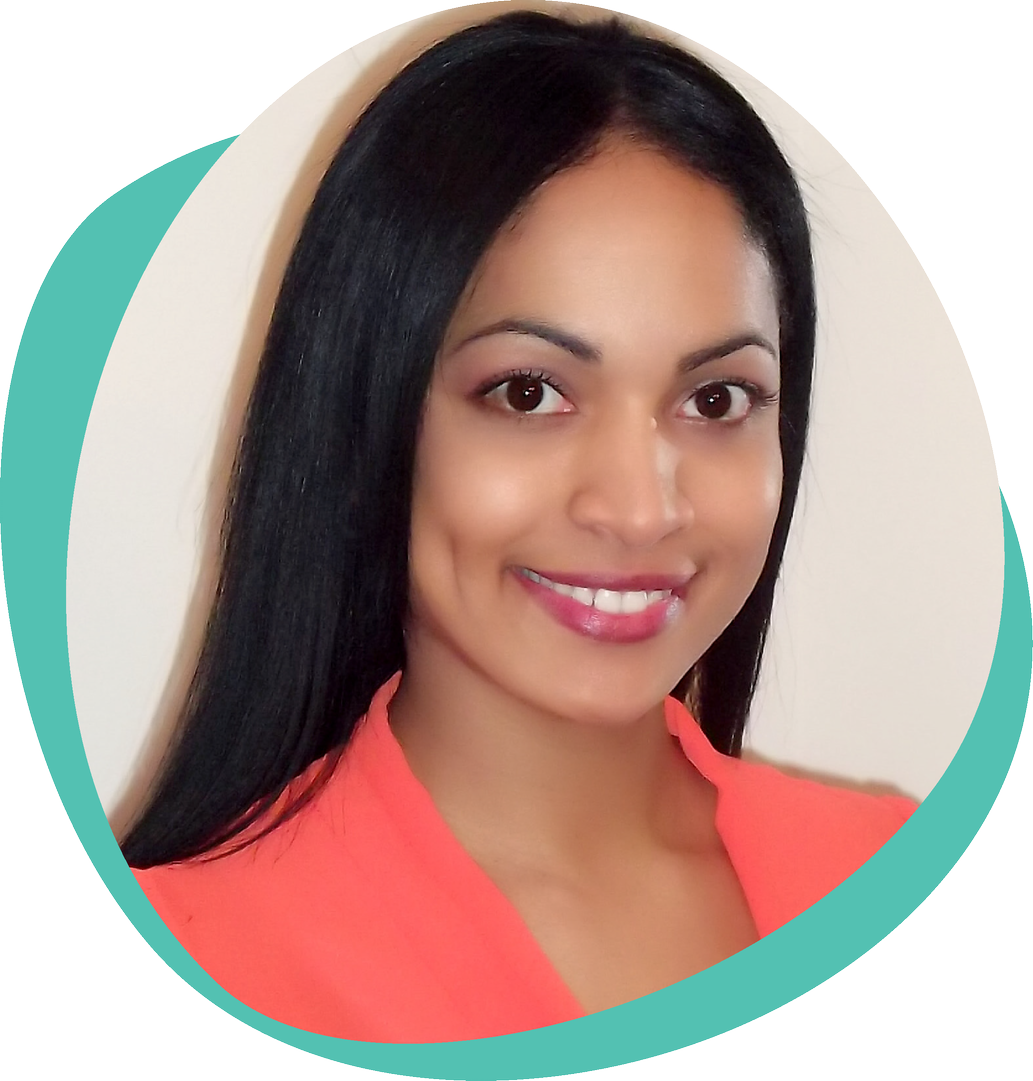FREE WEBINAR
Visions of Hope: Perfect Just as We Are
June 29, 2022
5:30 p.m. – 6:30 p.m.

At this spotlight event, presented by the Equity, Diversity, Inclusion and Accessibility (EDIA) and Innovation Department, you will have the opportunity to learn about the importance of resilience in overcoming adversity. It allows you to make courageous choices, connect with others and develop your creativity. This keynote presentation will feature Canadian Paralympic athlete Jason Dunkerley, a celebrated middle-distance runner with five Paralympic medals.
Jason was born blind and began running in elementary school, but it wasn’t until he was in high school that he became serious about competing. He attended the W. Ross Macdonald School for visually impaired, blind and deafblind students in Brantford, Ontario, where students are encouraged to get involved in sports. Since then, he’s won many medals for Canada at major games.
After retiring from competition in 2018, Jason has recently returned to the national team and is hopeful of qualifying to represent Canada at the 2024 Paralympic Games which will take place in Paris. Currently, Jason is the senior advisor in the Public Services and Procurement Canada Accessibility Office.
The event will be moderated by Kim Daniel. The formal presentation will be followed by a question and answer period.
About Surrey Place’s Equity, Diversity, Inclusion and Accessibility (EDIA) and Innovation Department
The Equity, Diversity, Inclusion and Accessibility (EDIA) and Innovation Department aims to reduce disparities driven by social, racial and economic inequalities and improve access to clinically appropriate care. We work to cultivate a high-performance organizational culture through education, research and long-lasting partnership building.
Our goals include raising awareness and building knowledge from those who have lived experiences due to physical, emotional and social differences. We regularly host spotlight series featuring key guest speakers with lived experiences to share their life journeys.
Speakers

Jason Dunkerley, Keynote Speaker
Jason grew up in Northern Ireland with two brothers who were also blind. Encouragement from his parents and support from teachers instilled a love for physical activity in Jason. He competed in track throughout high school in Brantford, Ontario, and at the University of Guelph, where he studied International Development and Spanish. Jason also has a Masters in World Literatures and Cultures from the University of Ottawa, which he completed in 2014.
Jason has been a member of Canada’s Para Athletics team since 1998 and has lived and trained in Ottawa since 2003. He has proudly represented Canada at five Paralympic Games and is a five-time medalist in middle-distance track.
Jason is currently a senior advisor in the Public Services and Procurement Canada Accessibility Office. He joined the federal public service in 2016 and started his career at Innovation, Science and Economic Development Canada. Before this, he spent seven years coordinating a national physical activity initiative to encourage access to inclusive community recreation programs for individuals with a disability.

Kim Daniel, Moderator
Kim Daniel, M.Ed., PhD., received her Ph.D. from McGill University in an APA/CPA accredited Counselling Psychology program, where she developed her skills in research and clinical work. She completed her residency at Surrey Place, working with individuals with different developmental disabilities and autism spectrum disorder (ASD). She also completed a postdoctoral clinical fellowship at Toronto’s Hospital for Sick Children, working in the Pediatric Clinical/Health Psychology and Behavioural Medicine Division with both in-patients and out-patients.
Kim is currently the Director of Community Partnerships and Innovation at Surrey Place. In her role, she focuses on designing and developing innovative clinical and educational programs and building collaborative partnerships. She previously served as a mental health consultant, where she provided therapy to the Indigenous population in Northern Ontario. She also engages in ongoing research and offers consultative work in the GTA community.
Contact Information
For general inquiries, contact wellness.registration@surreyplace.ca.